At the start of parliament’s spring session, in accordance with constitutional traditions, I present my report to the Honorable House! – Prime Minister Viktor Orban began his pre-agenda speech in parliament on Monday. There were attempts to disrupt proceedings (MP Akos Hadhazy played a recording of one of the prime minister’s earlier speeches), but Mr. Orban dismissed the provocation, drawing the conclusion that
only Fidesz is better than Fidesz.
PM Orban announced the launch of the new workers' loan program, which allows young blue-collar workers to access a four-million-forint start-up loan. He also outlined a rural home renovation program for residents of towns boasting fewer than 5,000 residents, under which retirees can receive a three-million-forint non-repayable grant.
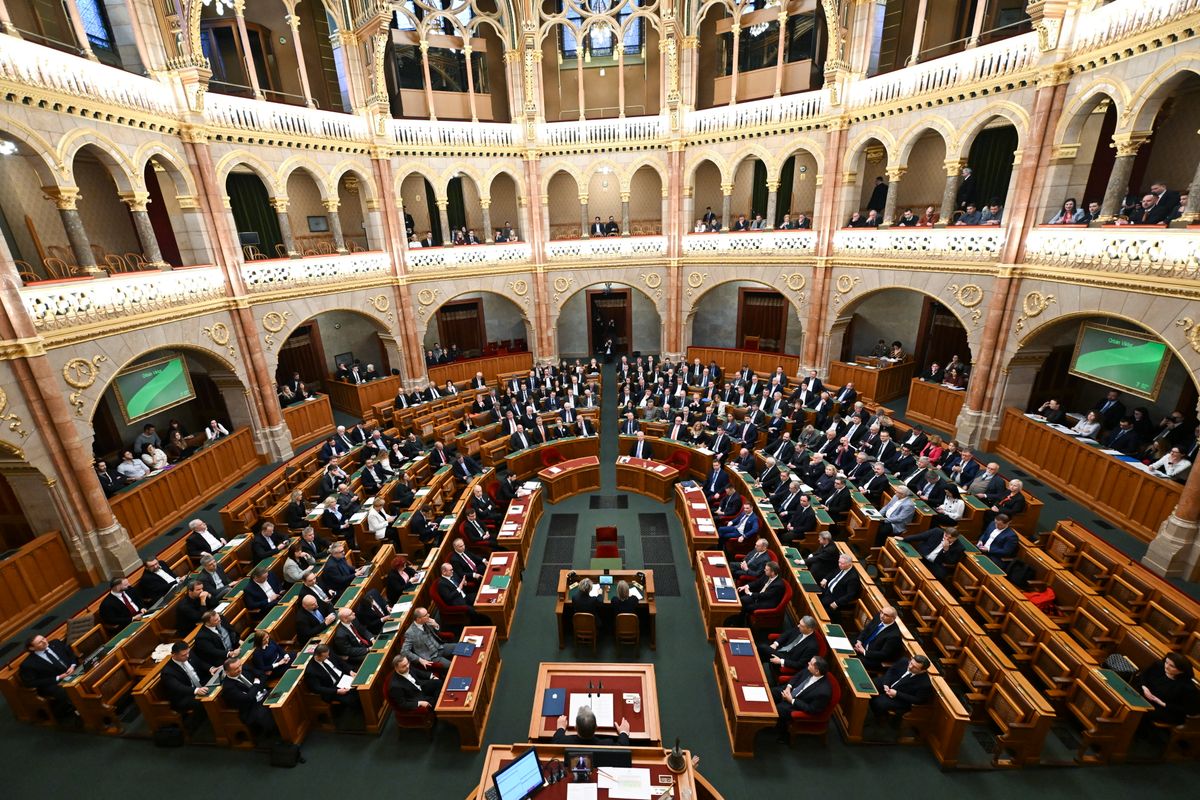
The government has launched a housing program expected to facilitate the construction of 10,000 new homes annually. They also decided that 50% of funds loaded onto the so-called Szep Cards can now be used for home renovations, and a new dormitory for 18,000 young people will be built in Budapest.
Mr. Orban pointed out that
the government has decided to double the tax benefits for parents children in two phases.
Parents will be able to deduct 20,000 forints for one child, 80,000 for two children, and 200,000 for three children from their taxes and contributions. The government has also decided
to introduce full income tax exemption for mothers raising two or three children.
According to Mr. Orban, mothers with three children will receive the exemption starting in October this year, while for mothers with two children, the exemption will be introduced in stages.
He provided further details: as of January 1, 2026, the exemption will apply to two-child mothers under 40; in 2027, it will extend to those aged 40-50; in 2028, to those aged 50-60; and in 2029, it will also include those over 60.
The government has decided to raise the age limit for the so-called "childbirth incentive loan" to 35 years. Mr. emphsaized that these measures are unprecedented in Europe and constitute Europe’s largest tax reduction program. He acknowledged that the program represents a significant budgetary expenditure but emphasized that the government has concluded that it can still reduce the budget deficit.
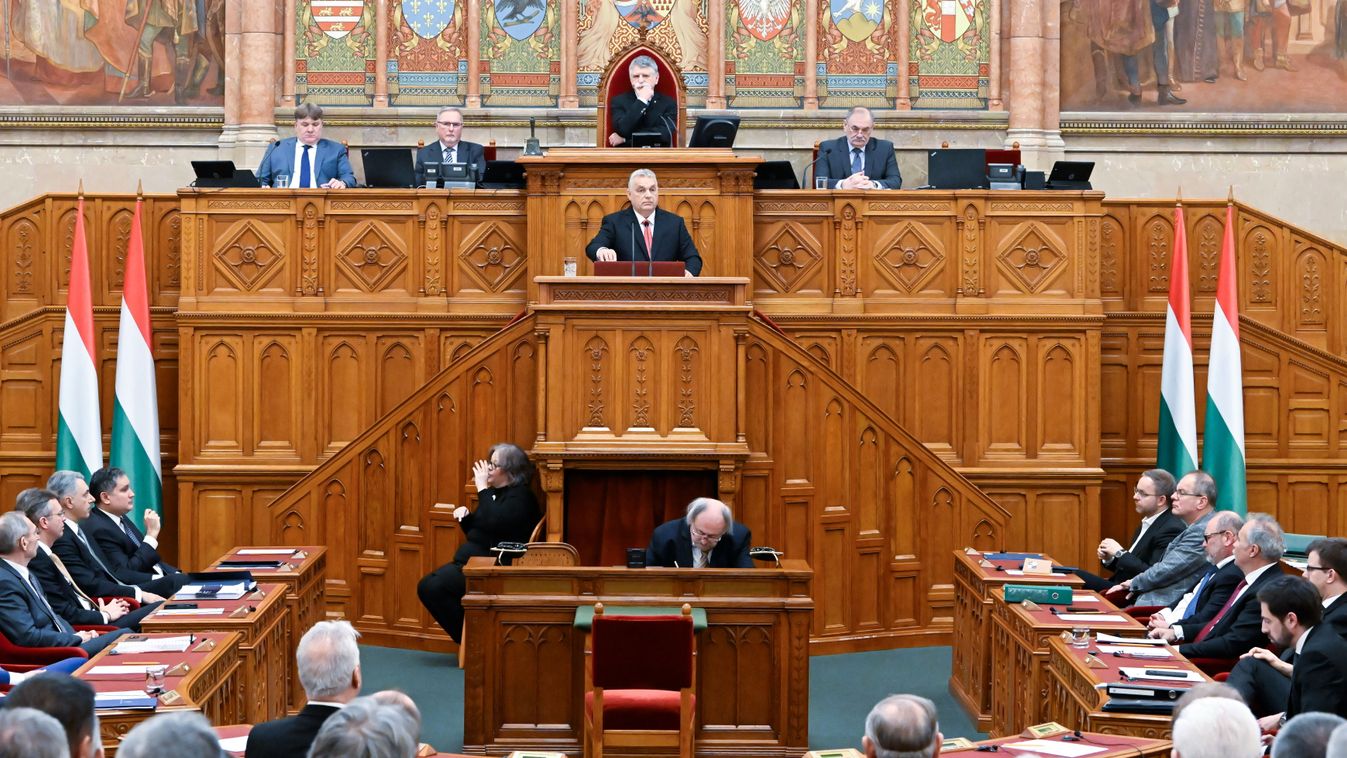
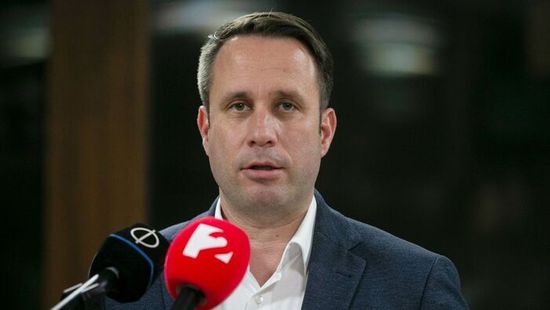
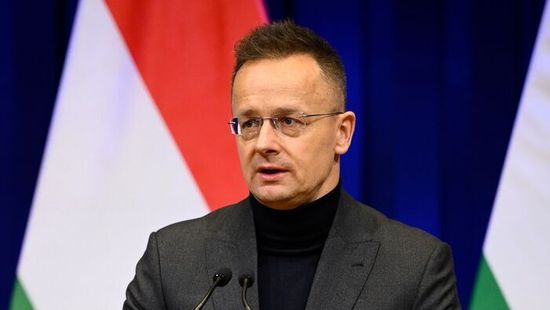

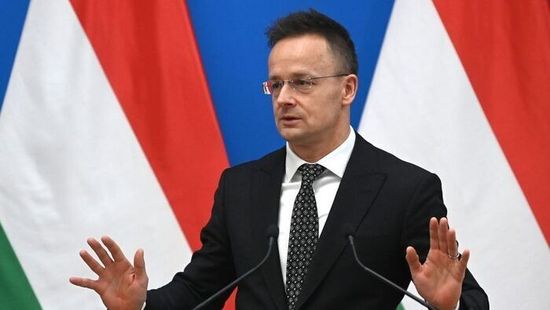

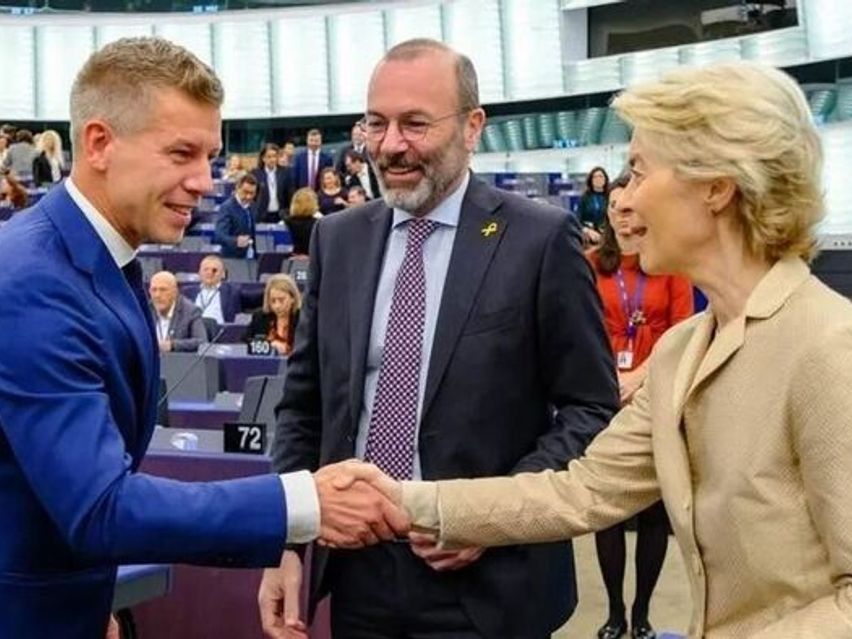
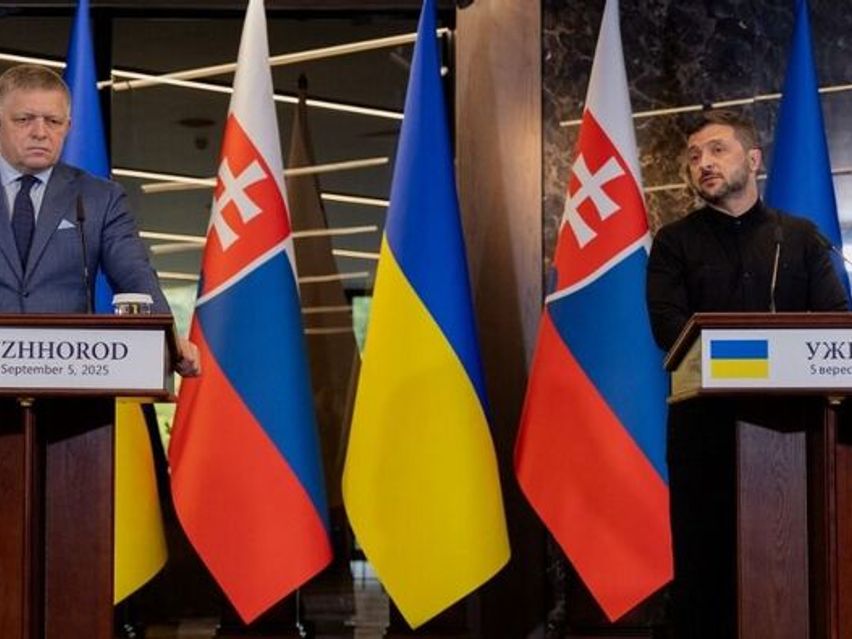







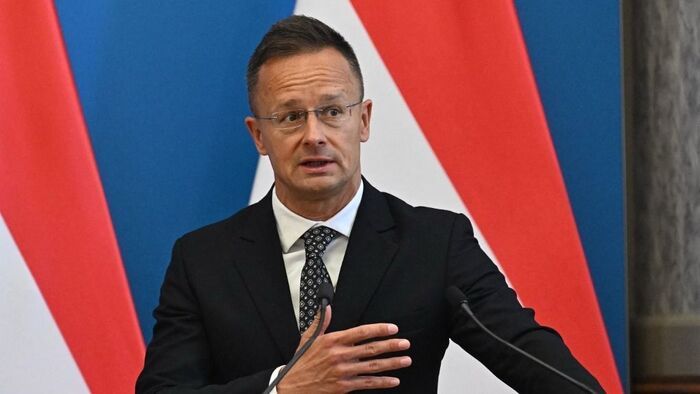

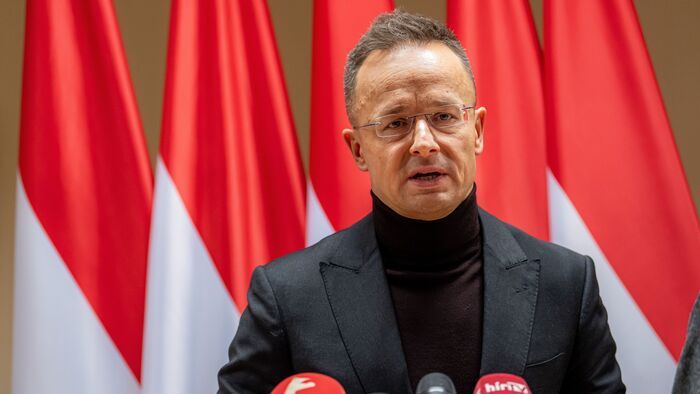





Szóljon hozzá!
Jelenleg csak a hozzászólások egy kis részét látja. Hozzászóláshoz és a további kommentek megtekintéséhez lépjen be, vagy regisztráljon!